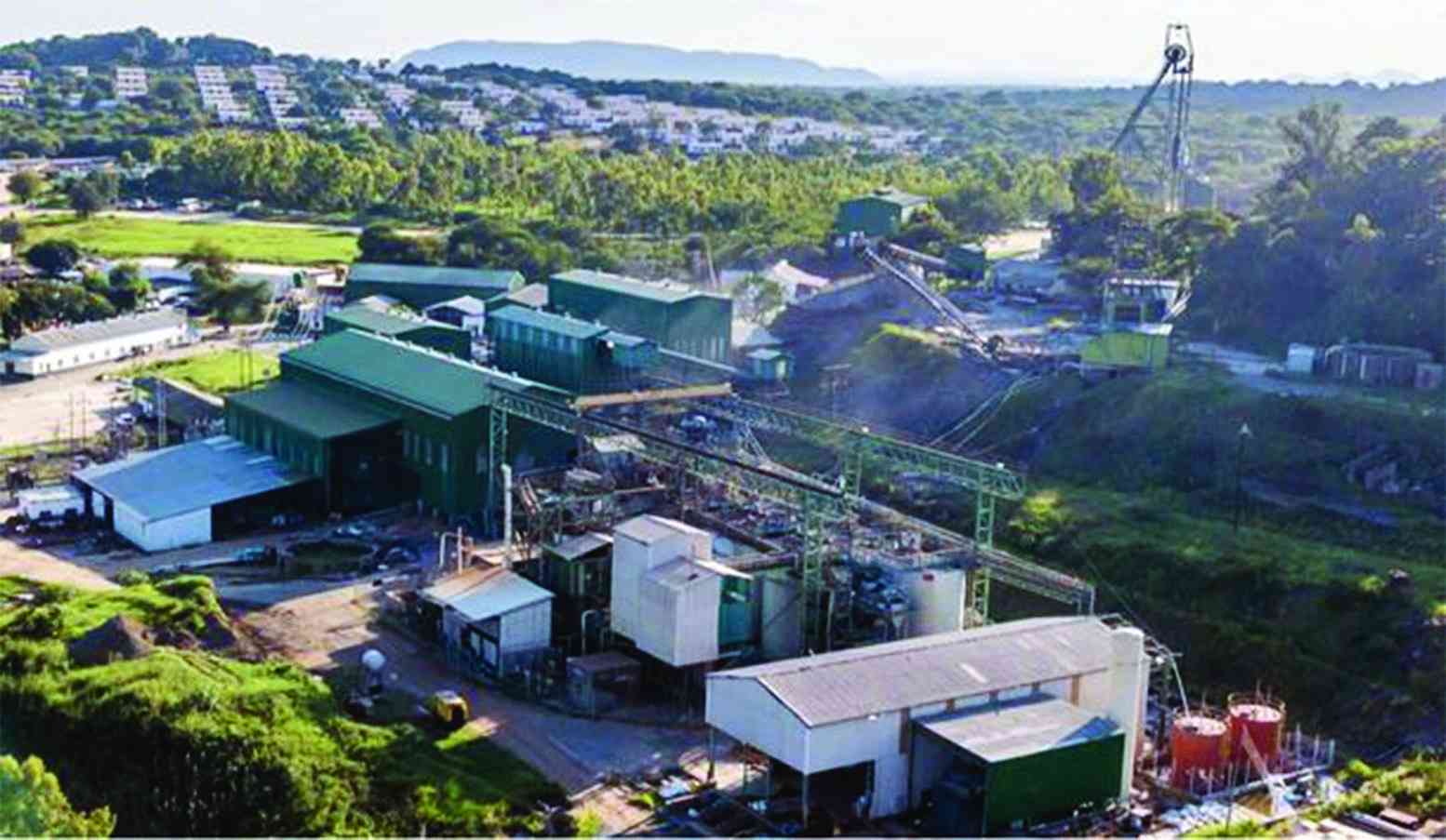
AS the outlook for 2024 remains uncertain, entrapped with fears of the impending El-Nino and exchange rates depreciation, companies are adjusting their operation models to adapt to the challenging environment.
This comes as the trading environment in the third quarter to December 31, 2023 remained difficult with significant inflationary pressures, exchange rate volatility, constrained Zimdollar and United States dollar liquidity as regional currencies also lost ground to the greenback, making imports expensive.
A look at the trading updates for various companies for the period shows that businesses remain optimistic as they adapt to the trading environment.
In its outlook for the quarter ended December 31, 2023, one of the largest retailers OK Zimbabwe said the business will focus on delivering value to its customers by enhancing customer experience.
“Looking ahead, the group remains optimistic about its future prospects and recognizes the need to adapt to the changing operating environment,” the company said.
“The business is focusing on delivering value to its customers by enhancing customer experience, executing fair pricing, improving market presence and optimizing operational efficiencies for long term sustainability.”
As the operating environment is expected to remain volatile and complex, Tanganda Tea Limited said management will focus on improving efficiencies across the company by re-engineering all processes including purchasing, staffing, process flows, agronomic practices, selling, distribution and internal controls.
“The demand for our products remains relatively strong despite the impact of complex macro-economic factors on the local and regional markets,” it said.
- Govt rehabilitates irrigation schemes
- Govt, IOM team up on climate-related migration
- Drought takes its toll on Hwange elephants
- 30 dealers arrested for selling free seed, fertiliser
Keep Reading
“Implementation of diversification of regional markets for packed teas as growth strategy has begun to yield positive results. The confidence from our customers and their support, including the value addition projects in the pipeline for our plantation crops, will help in improving company profitability.
“Management will continue to focus on improving efficiencies across the company by re-engineering all processes including purchasing, staffing, process flows, agronomic practices, selling, distribution and internal controls.”
Zimbabwe and the rest of southern Africa is facing an El-Nino due to a shift in rainfall patterns as climate change takes centre stage.
Against this backdrop, the Hippo Valley Estate strategic focus remains on improving yields and ensuring plant reliability, maximising capacity utilisation and achieving sustainable operating cost efficiencies in the medium to long term.
The company said it will leverage on available borrowing facilities up to the end of the financial year to cushion its working capital in light of off-crop requirements.
“In the short term, the priority is to successfully complete the off-crop program which is well underway to ensure an efficient and reliable milling campaign in the 2024/25 season, improving quality and safety performance, reconfiguring the route to market and implementing innovative work streams to contain the cost of goods and services,” Hippo Valley said.
In the face of a complex and unstable economic environment, ART Corporation said will implement difficult short-term measures to safeguard profitability and liquidity to enable the business to withstand an extended period of uncertainty.
On the other hand, brick manufacturer Wildale sees opportunities in the upsurge in construction projects, which it says presents opportunities for real growth despite increasing competition especially in the common brick market.
“Strategies are being pursued to improve the product mix and maximise margins from high value brick varieties,” it said.
During the quarter under review, the Company was certified to ISO standards ISO9001:2015 (Quality Management System), ISO14001:2015 (Environmental Management System) and ISO45001:2015 (Occupational Health & Safety Management System).
“These management systems will ensure a sustainable supply of high-quality bricks at affordable prices and cement the brand’s dominance in the market,” the company said.
“We will continue to engage ZESA (Holdings) to improve electricity supply to the operations. The taxation measures introduced for the year 2024 which include the reclassification of clay bricks as liable to VAT (value-added tax), will impact on business in the short term, especially from price sensitive customers who are not VAT registered and cannot recover input tax.”
However, the outlook is gloomy for SeedCo Limited which said demand for small grains holds significant potential to claw back annual sales volume performance not only in Zimbabwe but also in neighboring countries.
“At present, Zimbabwe is actively working to establish consensus for the implementation of this year's National Budget while simultaneously addressing the stabilization of the foreign exchange market, curbing inflation, and restoring business confidence,” SeedCo said.
“Throughout the region, economies are also grappling with challenges such as shortages of foreign currency, inflationary trends, and escalating interest rates. From an operational perspective, the delayed rains this season led to increased demand for small grains and legumes, extending into the last quarter of the financial year in Zimbabwe and neighbouring countries.
“This demand for small grains holds significant potential to claw back annual sales volume performance not only in Zimbabwe but also in neighbouring countries.”
Regionally, the group said record sales in East Africa and certain parts of Southern Africa were registered, which is anticipated to mitigate the overall impact of decreased trading in some Southern African markets that were adversely affected by El-Nino conditions.










